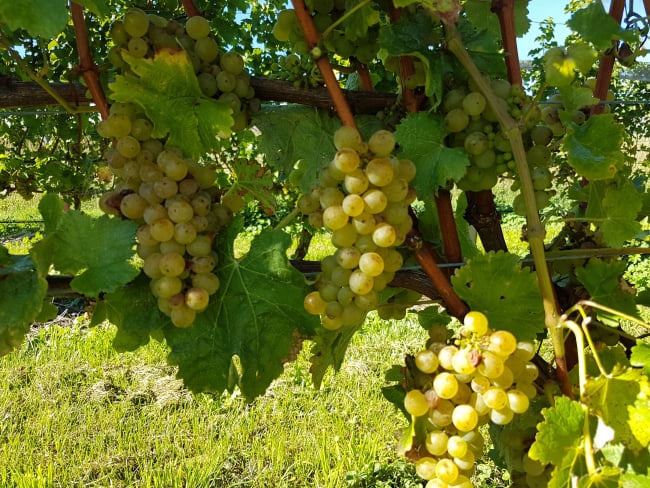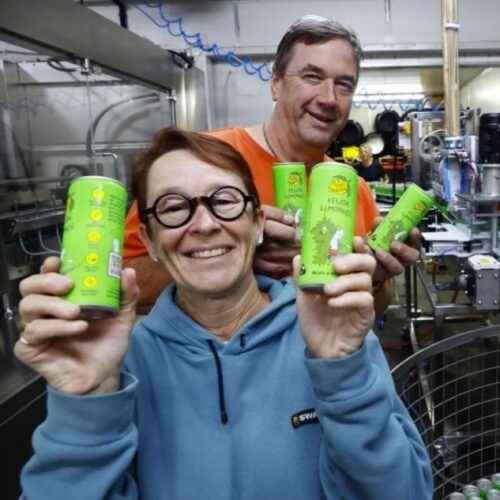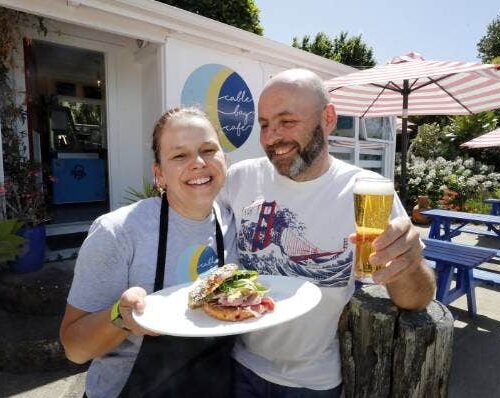
Wine sector anticipates mutual advantage from NZ-UK FTA
New Zealand’s wine sector has warmly welcomed the announcement that New Zealand and the United Kingdom are to begin negotiation of a high quality, comprehensive and inclusive trade agreement.
“This is a great opportunity for both countries,” says Jeffrey Clarke, General Manager Advocacy & General Counsel at New Zealand Winegrowers. “UK consumers were among the first to fall in love with our distinctive wines, and our wineries have worked hard at keeping that excitement alive. As a result, wine is now the most valuable Kiwi export to the UK – accounting for over 30% of the value of all New Zealand exports to the UK, and providing high quality jobs and over $440 million of income for our wine regions in 2019.”
“The UK currently sits at an exciting crossroads. With independence from the European Union, the UK now has a chance to look afresh at its trade rules, and make sure it is doing the best by its businesses and consumers”, says Clarke. “Wine trade with the UK is currently hampered by costly, pointless EU certifications and complex rules erected to protect EU wineries. The UK now has a chance to sweep away those barriers and enhance its status as a global wine trade hub.”
Beyond wine trade, Clarke also sees scope for the UK to walk the talk in demonstrating that it wants to be a leader in open global trade. “This is a difficult time for world trade, but history tells us that protectionism hurts everyone. We would like to see the UK step up and show its leadership in trading without barriers, joining agreements like the Comprehensive and Progressive Agreement on Trans Pacific Partnership, and participating in innovative trade bodies like the World Wine Trade Group.”
However, New Zealand Winegrowers will be watching the start of this negotiation with some trepidation. “The current FTA negotiations with the European Union have been disappointing”, notes Clarke. “Their opening ask on Geographical Indications was pretty extreme, and suggests they are not really that interested in being flexible. We will be crossing our fingers that our UK friends will be coming with a fresh attitude, and a willingness to consider powerful modern approaches to simplifying trade, like mutual recognition.”



